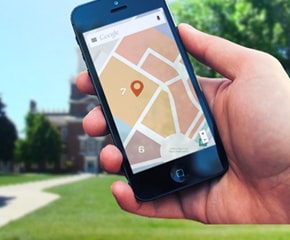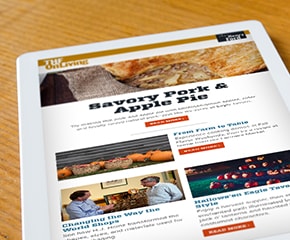"Amerikanischen Postwagen" (American Stage Coach, 1800-1810), Lithograph, circa 1815
Add to SetSummary
Stage wagons were light and open, though not as comfortable as later Concord stagecoaches. They could go about five miles per hour, barring bad weather or road obstructions. The gaily painted signboards of roadside taverns beckoned weary travelers, promising rest, meals, and a chance to catch up on news. Stage wagon drivers used the stop to care for their horses.
Stage wagons were light and open, though not as comfortable as later Concord stagecoaches. They could go about five miles per hour, barring bad weather or road obstructions. The gaily painted signboards of roadside taverns beckoned weary travelers, promising rest, meals, and a chance to catch up on news. Stage wagon drivers used the stop to care for their horses.
Artifact
Print (Visual work)
Date Made
circa 1815
Subject Date
1800-1810
Creators
Place of Creation
Creator Notes
Lithography by R. Weibezahl, Holland, Netherland, based on drawing by Isaac Weld.
Collection Title
Location
Not on exhibit to the public.
Object ID
82.129.1509
Credit
From the Collections of The Henry Ford.
Material
Paper (Fiber product)
Color
Multicolored
Dimensions
Height: 5.375 in
Width: 6.625 in
Inscriptions
Description beneath: A stage coach of a type used shortly after 1800, passing a tavern./ Published in Holland./ Early lithograph, colored. Written above print: Reproduced from this print in Vol. I of "A History of Travel in America", as a colored frontispiece.





